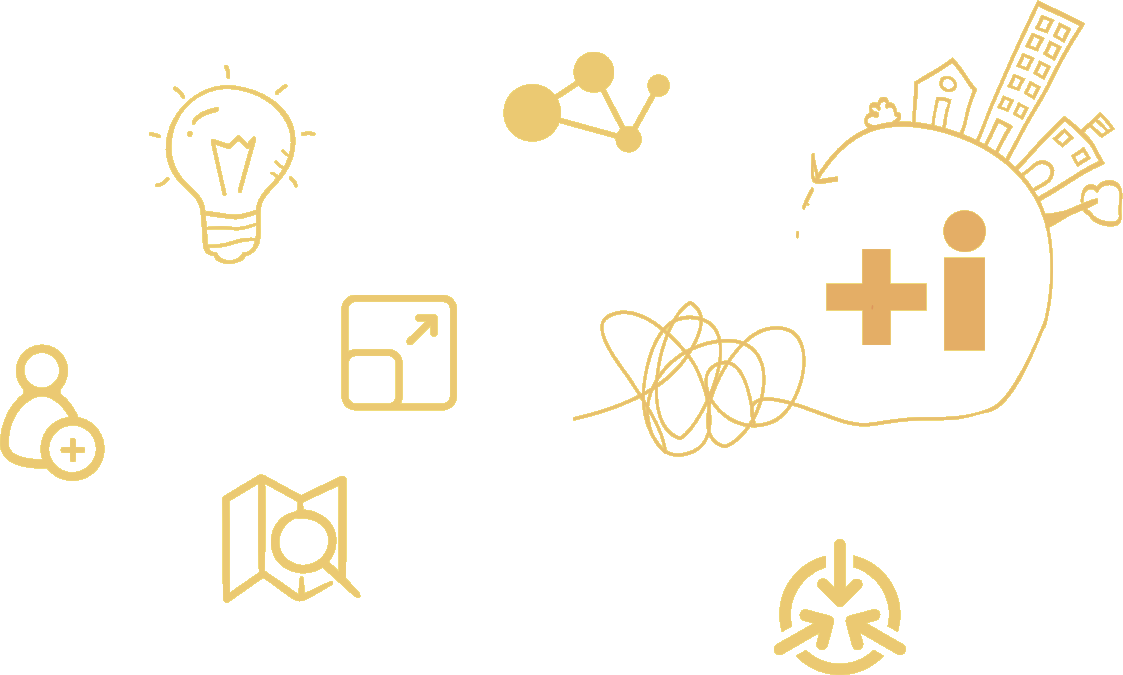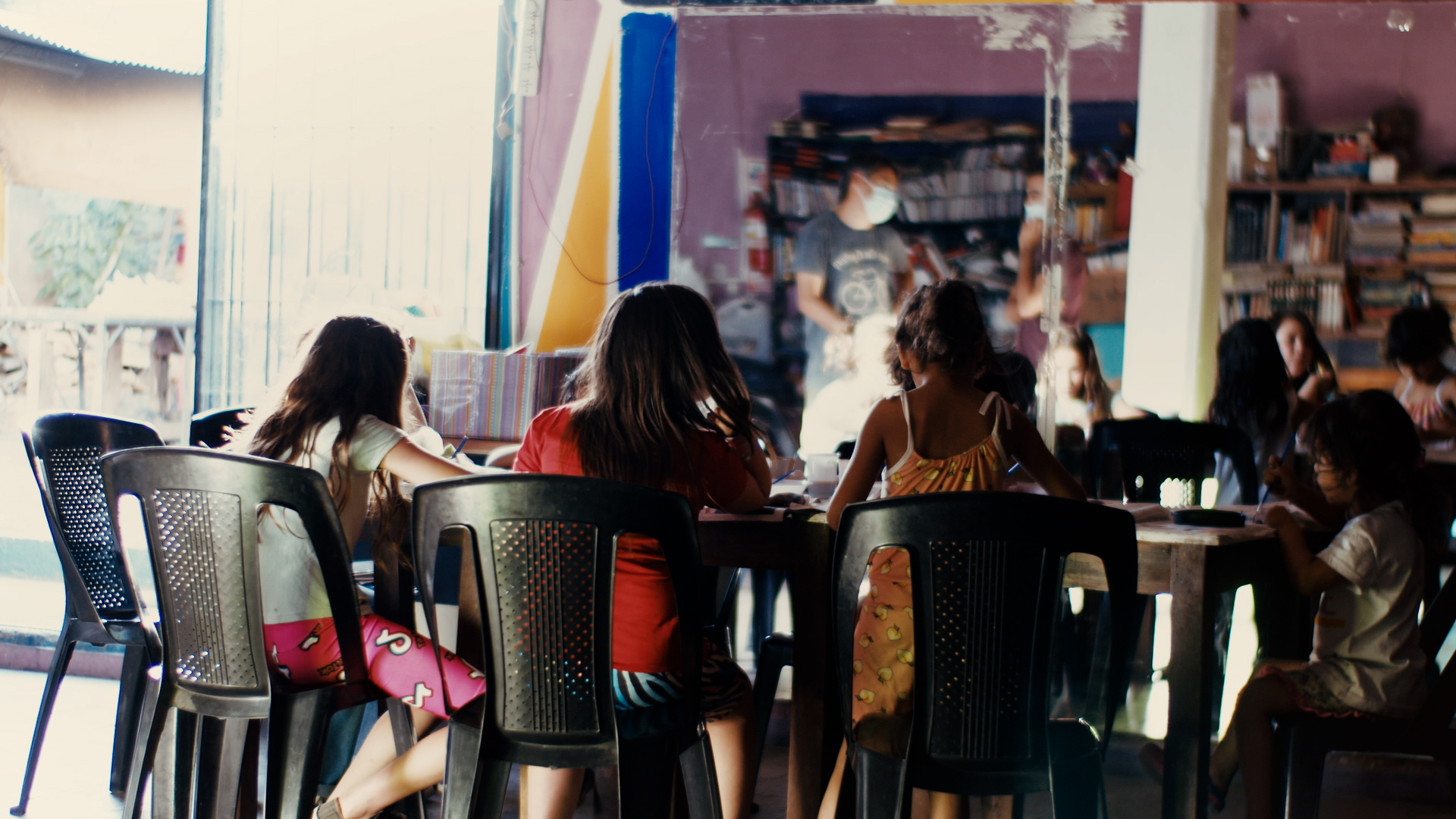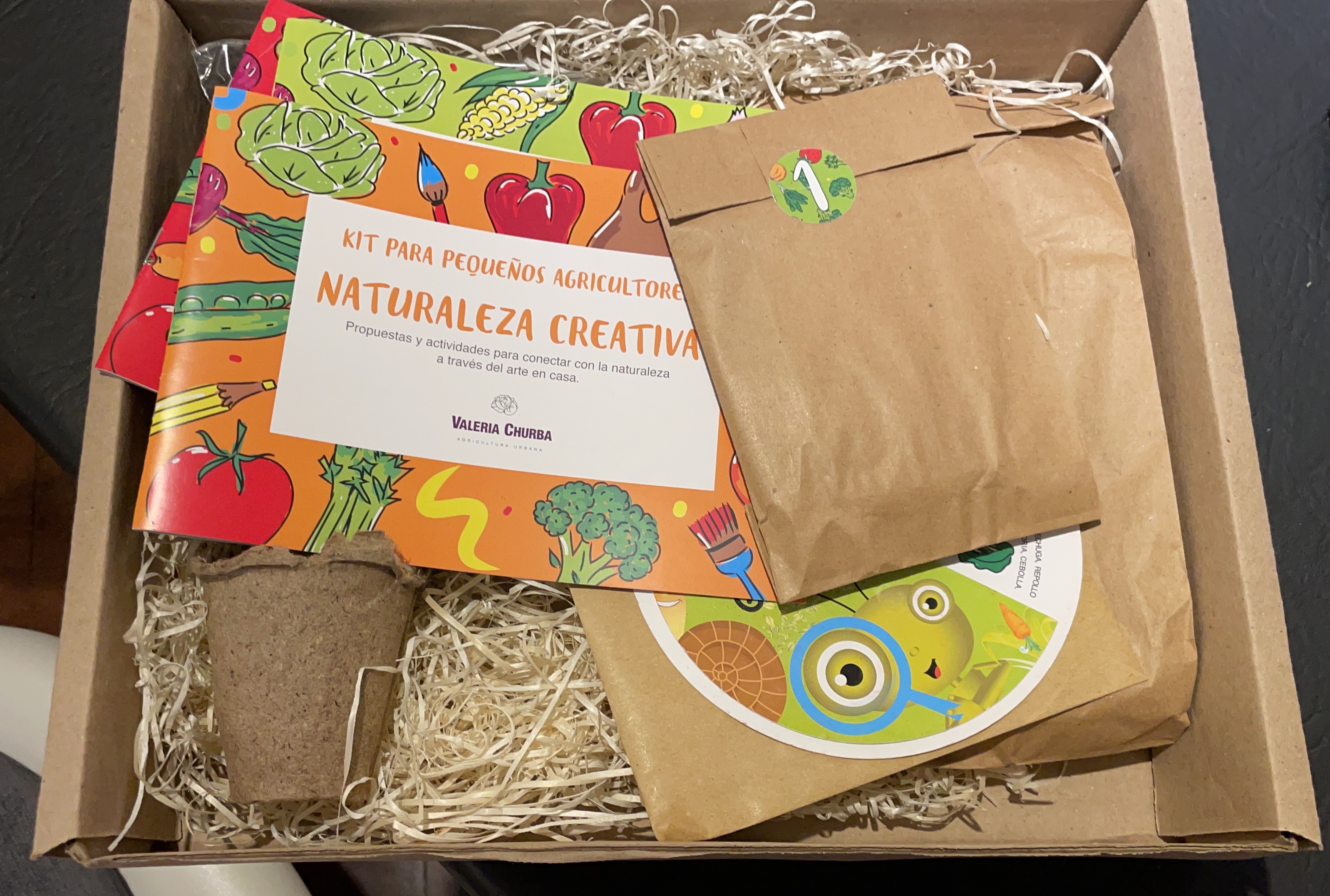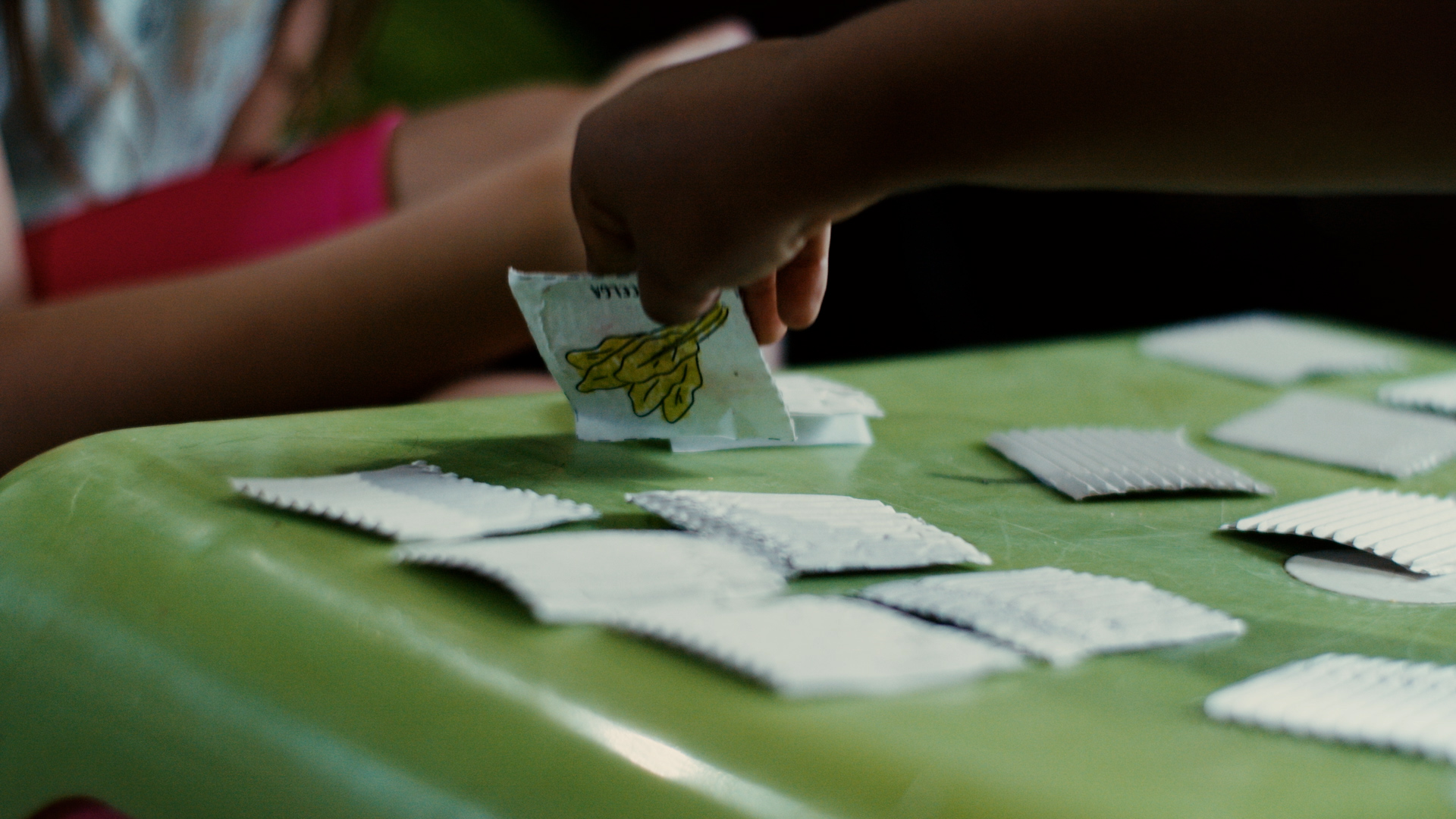LUDiK

Municipality
Category / Sub-Category / Topic
Education, Educational programs
Type of investment needed
Grant
The challenge
The project
Know more...
Investment
(*): In kind/pro bonus
(**): Financing
Funds
Needed
Covered
Solicited
Investment
(*): In kind/pro bonus
(**): Financing
Biocompostera kit (**)
u$s 537.04
u$s 161.11
u$s 375.93
Urban solid waste treatment kit (**)
u$s 537.04
u$s 161.11
u$s 375.93
Urban Huerta Kit (**)
u$s 537.04
u$s 161.11
u$s 375.93
Egg production module kit (**)
u$s 537.04
u$s 161.11
u$s 375.93
Educational Strategy Design (**)
u$s 402.78
u$s 120.83
u$s 281.95
Kits design (**)
u$s 2416.67
u$s 725.00
u$s 1691.67
Training to tutors (**)
u$s 1006.94
u$s 302.08
u$s 704.86
Recreational Activity Planning Design (**)
u$s 2819.44
u$s 845.83
u$s 1973.61
Tutoring Meeting (**)
u$s 939.81
u$s 281.94
u$s 657.87
Data management tool development (**)
u$s 2314.81
u$s 694.44
u$s 1620.37
Data management tool support (**)
u$s 2222.22
u$s 666.67
u$s 1555.55
Chief coordinator (**)
u$s 4444.44
u$s 1333.33
u$s 3111.11
Accounting/Administrative Analyst (**)
u$s 2222.22
u$s 666.67
u$s 1555.55
Tutors - trainers (**)
u$s 11111.11
u$s 3333.33
u$s 7777.78
Consulting (Society - Education - Health - Environmental - Technical) (**)
u$s 3472.22
u$s 1041.67
u$s 2430.55
Contingencies (**)
u$s 3552.08
u$s 1065.63
u$s 2486.45
Funds
Needed
Covered
Solicited
Kit Biocompostera (**)
u$s 537.04
u$s 161.11
u$s 375.93
Kit Tratamiento de residuos sólidos urbanos (**)
u$s 537.04
u$s 161.11
u$s 375.93
Kit Huerta urbana (**)
u$s 537.04
u$s 161.11
u$s 375.93
Kit Módulo de producción de huevos (**)
u$s 537.04
u$s 161.11
u$s 375.93
Funds
Needed
Covered
Solicited
Diseño de Estrategia Educativa (**)
u$s 402.78
u$s 120.83
u$s 281.95
Diseño de Kits (**)
u$s 2416.67
u$s 725.00
u$s 1691.67
Capacitaciones a tutores/as (**)
u$s 1006.94
u$s 302.08
u$s 704.86
Diseño de planificación de actividades recreativas (**)
u$s 2819.44
u$s 845.83
u$s 1973.61
Encuentro de tutoría (**)
u$s 939.81
u$s 281.94
u$s 657.87
Desarrollo de herramienta de gestión de datos (**)
u$s 2314.81
u$s 694.44
u$s 1620.37
Soporte herramienta de gestión de datos (**)
u$s 2222.22
u$s 666.67
u$s 1555.55
Funds
Needed
Covered
Solicited
Coordinador General (**)
u$s 4444.44
u$s 1333.33
u$s 3111.11
Analista Contable/Administrativo/a (**)
u$s 2222.22
u$s 666.67
u$s 1555.55
Tutores/as - Capacitadores/as (**)
u$s 11111.11
u$s 3333.33
u$s 7777.78
Consultoria (Sociedad - Educación - Salud - Ambiental - Técnica) (**)
u$s 3472.22
u$s 1041.67
u$s 2430.55
Funds
Needed
Covered
Solicited
Contingencias (**)
u$s 3552.08
u$s 1065.63
u$s 2486.45



